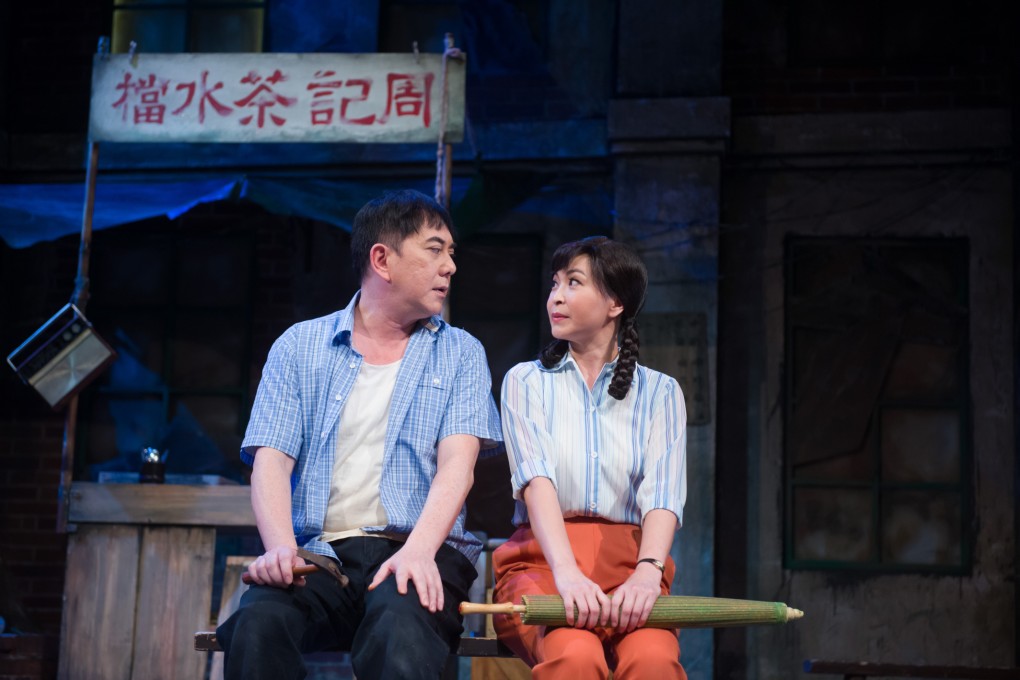Culture Club | Hong Kong deserves a better Arts Development Council

This Saturday will see 29 candidates representing 10 arts interests congregating at the Mong Kok Complex to present their platforms for October's Hong Kong Arts Development Council (ADC) members nomination exercise. This is probably going to be one of the debates full of sparks as this year's event is seemingly the most exciting in a decade.
Held once every three years, this year's ADC nomination exercise seems exciting not only because of the star power – award-winning actor Anthony Wong Chau-sang and two other candidates challenge Chung Ying Theatre Company artistic director Ko Tin-lung's bid to remain in the position in the drama sector; TV show host and commentator Max Wong Wai-lun rivals Lo Wai-luk in the arts criticism sector; and Hong Kong Philharmonic Orchestra's vocal chief executive Michael Macleod races current ADC music representative, soprano Barbara Fei, and two other candidates. It's exciting because finally, it seems that this nomination exercise is being taken seriously.
Past statistics show that in 2004, six out of the 10 arts interests – arts administration, arts criticism, arts education, dance, drama, film arts, literary arts, music, visual arts and Chinese opera (xiqu) – won the race without competition as there were only one candidate in six sectors. Situation improved a little in 2007 as the number of “automatic winner” went down to four. In 2010, Ko in the drama sector was the only who won the race without any challenge, but there were no one competing in the arts criticism sector.
The number of registered voters also went up: 7,071 registered as voters to choose their arts representatives in the council in 2010, and this year the number has gone up to 8,512 after voters registration criteria were relaxed earlier this year. And most important of all, all 10 arts interests have more than one candidate competing, which means no one should be winning the race automatically this time.
But does it mean things have improved for the ADC?
Of all the cultural bodies and committees handling public funding, the ADC is the only entity containing democratic elements that exists during the post-colonial era. Ironically, during the last 10 years of the colonial regime, there was an attempt to realise “cultural democracy” by placing certain cultural affairs decisions into the hands of the two fully elected Municipal Councils. But at the dawn of the millennium, the then Chief Executive Tung Chee-hwa announced in his 1999 policy address that the two Municipal Councils will be axed by 2000. With two Municipal Councils subsequently being replaced by the Leisure and Cultural Services Department, people's rights to cultural affairs decision-making were arbitrarily taken back authorities.
